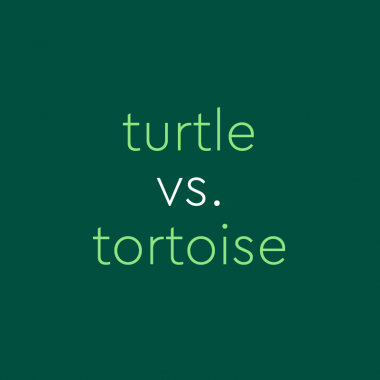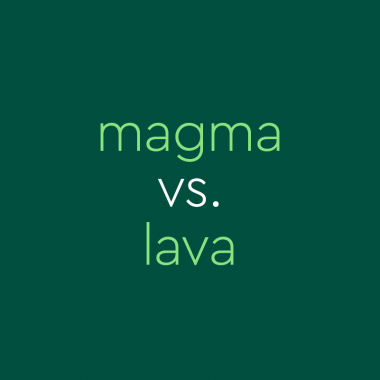The Language Of Ageism: Understanding How We Talk About Older People
Every May in the United States, Americans observe Older Americans Month, a month-long observance devoted to celebrating older Americans and their contributions and raising awareness about issues related to age and aging. This makes May an important time during which to consider language used to talk about older people and ageism—which we should be doing every month of the year, too! This topic matters because …











